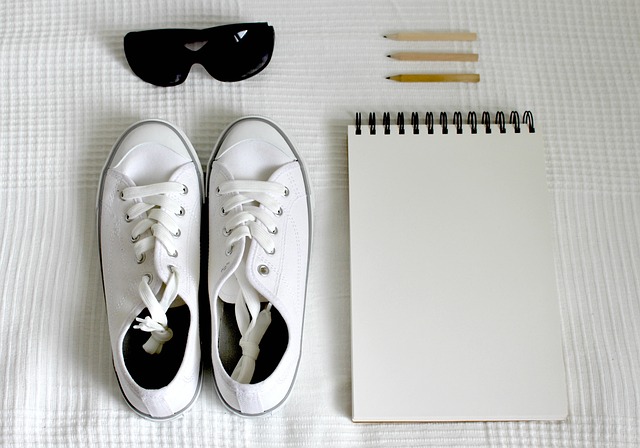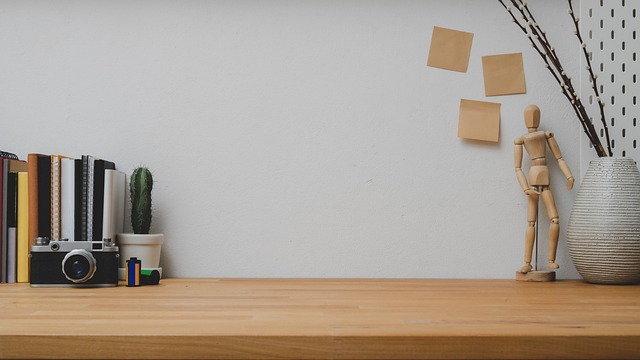25 Minimalism Tips for Beginners
What Is Minimalism?
Minimalism lifestyle is a way of living that focuses on simplicity, intentionality, and mindfulness.
It involves intentionally simplifying one’s life by reducing the number of possessions and focusing on the things that are truly important. This can include downsizing to a smaller home, decluttering, and reducing expenses.
The goal of minimalism is to live a more meaningful and intentional life by focusing on experiences rather than material possessions. This may entail spending more time with loved ones, pursuing hobbies and passions, and engaging in activities that bring joy and fulfillment.
Minimalism is not about living with as little as possible, but rather about living with just enough to meet one’s needs and create a more intentional and fulfilling life.
Why Minimalism?
There are many benefits to adopting a minimalism lifestyle. Here are some of them:
- Reduced stress: Minimalism can help reduce stress by eliminating the physical and mental clutter that can overwhelm us. A decluttered and simplified living space can create a more peaceful and calming environment.
- More time and energy: By focusing on the things that truly matter, minimalism can free up time and energy for the things that bring us joy and fulfillment.
- Better financial stability: Minimalism can help reduce expenses and create financial stability by eliminating unnecessary purchases and reducing debt.
- Environmental benefits: Minimalism can have a positive impact on the environment by reducing waste, consumption, and the use of natural resources.
- Increased creativity: A minimalism lifestyle can inspire creativity by encouraging us to find new and innovative ways to use and repurpose the things we already have.
- Improved relationships: Minimalism can improve relationships by reducing stress, improving communication, and creating more meaningful connections with loved ones.
- Increased self-awareness: Minimalism can increase self-awareness by encouraging us to focus on our values, priorities, and goals. This can lead to a greater sense of purpose and fulfillment in life.
Overall, adopting a minimalism lifestyle can lead to a more intentional, fulfilling, and peaceful life.

25 Minimalism Tips for Beginners
Here are 25 tips for adopting a minimalistic lifestyle:
- Start with decluttering your living space. Get rid of things that you don’t need or don’t bring you joy.
- Consider a capsule wardrobe, where you have a limited number of clothing items that can be mixed and matched.
- Limit the number of items you bring into your home. Think carefully before making a purchase.
- Use multi-purpose items, such as furniture with storage space or kitchen utensils with multiple uses.
- Use digital storage instead of physical storage. This can include storing files and photos online instead of in physical albums or boxes.
- Practice gratitude for what you have, rather than always seeking more.
- Plan your meals and grocery shopping to minimize food waste.
- Use up what you have before buying more. This can include pantry items, toiletries, and cleaning supplies.
- Create a minimalist workspace with only the essential tools and items you need.
- Reduce your use of single-use items, such as plastic bags, utensils, and water bottles.
- Consider a smaller living space that requires less maintenance and resources.
- Limit your social media and digital consumption to reduce mental clutter.
- Use natural and non-toxic cleaning products to reduce chemical exposure.
- Donate or sell items that are still in good condition but no longer serve a purpose in your life.
- Simplify your beauty routine with fewer products and natural alternatives.
- Embrace a “one in, one out” policy, where you only bring in a new item when you get rid of an old one.
- Eliminate unnecessary subscriptions and memberships that you don’t use or need.
- Reduce your travel and transportation emissions by using public transportation, walking, or biking.
- Opt for experiences over material possessions. This can include travel, concerts, or outdoor activities.
- Shop secondhand to reduce waste and save money.
- Practice mindfulness and meditation to cultivate a more intentional and present mindset.
- Prioritize self-care and mental health by setting aside time for rest, relaxation, and hobbies.
- Simplify your finances by automating bill payments and minimizing unnecessary expenses.
- Surround yourself with people who support and encourage your minimalist lifestyle.
- Remember that minimalism is a journey, not a destination. Be patient and kind to yourself as you adopt a simpler, more intentional way of living.
In sum, the goal of minimalism is to live a simpler and more intentional life, by focusing on the things that truly matter and eliminating the excess that can weigh us down.
Minimalism encourages us to prioritize our values, passions, and relationships, rather than material possessions and superficial desires.
By intentionally simplifying our lives, we can reduce stress, improve our mental health and well-being, and create a more fulfilling and purposeful life.
Minimalism can also have environmental benefits, by reducing waste and the consumption of natural resources.
Ultimately, the goal of minimalism is to create a life that is aligned with our values, brings us joy, and allows us to make a positive impact on the world.
